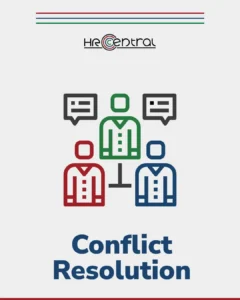What is a non-disclosure agreement, and what is it used for?
Non-disclosure agreements, (NDA) are often used by employers to stop an employee, worker or even a prospective candidate from sharing information, an NDA can also be referred to as a ‘confidentiality clause’.
NDA’s are used to keep business related information confidential, to protect a client’s identity, or to keep sensitive or important business information secret. They can also be used to stop someone from making insulting or defamatory comments about specific working practices, level of services provided or individuals within the company, and people that they work with more widely such as partner organisation and clients. They were designed to offer protection from information such as settlement payments, dismissals, and other confidential matters becoming public knowledge.
Where are they found?
NDAs are often standalone documents, but can also be found in Settlement agreements, and contracts of employment, a COT3 (a document that is written up when an agreement is reached through early conciliation).
The proposed reforms
The government is proposing reforms to the Employment Rights Bill, in view of what they think are systematic abuse of NDAs in the workplace. The government is proposing that any clause that prevents the worker or employee from disclosing or alleging harassment or any form of discrimination will be unenforceable and could result in further claims.
This dovetails with the worker protection Act that came into force in 2024, the act requires employers to act reasonably and take steps to prevent sexual harassment and improve reporting and response procedures.
The changes will likely cover the how the employee should respond to such disclosures; to include contractors, trainees, and work experience staff as well as current and former employees, and protects disclosures relating to not only the employer, but by other workers and employees, regardless whether the complainant is the direct victim.
What can you do to protect your business?
Ensure your management team is trained in how to reduce harassment in the work place, and understands their responsibility to the team to create a working environment and company culture free from harassment and discriminatory behaviour and comments.
Audit your business and HR related paperwork, contracts, settlement agreements, and HR policies and Handbooks to ensure everyone is aware of the new proposed changes above.
Confidentiality clauses designed to silence equality breaches will be unenforceable and may result in further claims.
Ensure your HR policies and handbooks signpost complaint handling; where to go and who to talk to in relation to any issues. Ensure all confidentiality clauses are compliant.
Don’t use settlement agreements to settle any claims that may have potentially have a discriminatory element to them as confidentiality can no longer be guaranteed.
How can we help you to be compliant?
HRCentral provide management training on these and other matters, following a full review and update of your HR paperwork. We can update policies and handbooks, and have lawyers we work in tandem on specific and more complex documentation to ensure compliance for our clients.
Please contact us on 0118 324 2526 or call our Managing Director, Rebecca on her mobile 07968 787182 for a confidential no obligation discussion. We are here to help.


